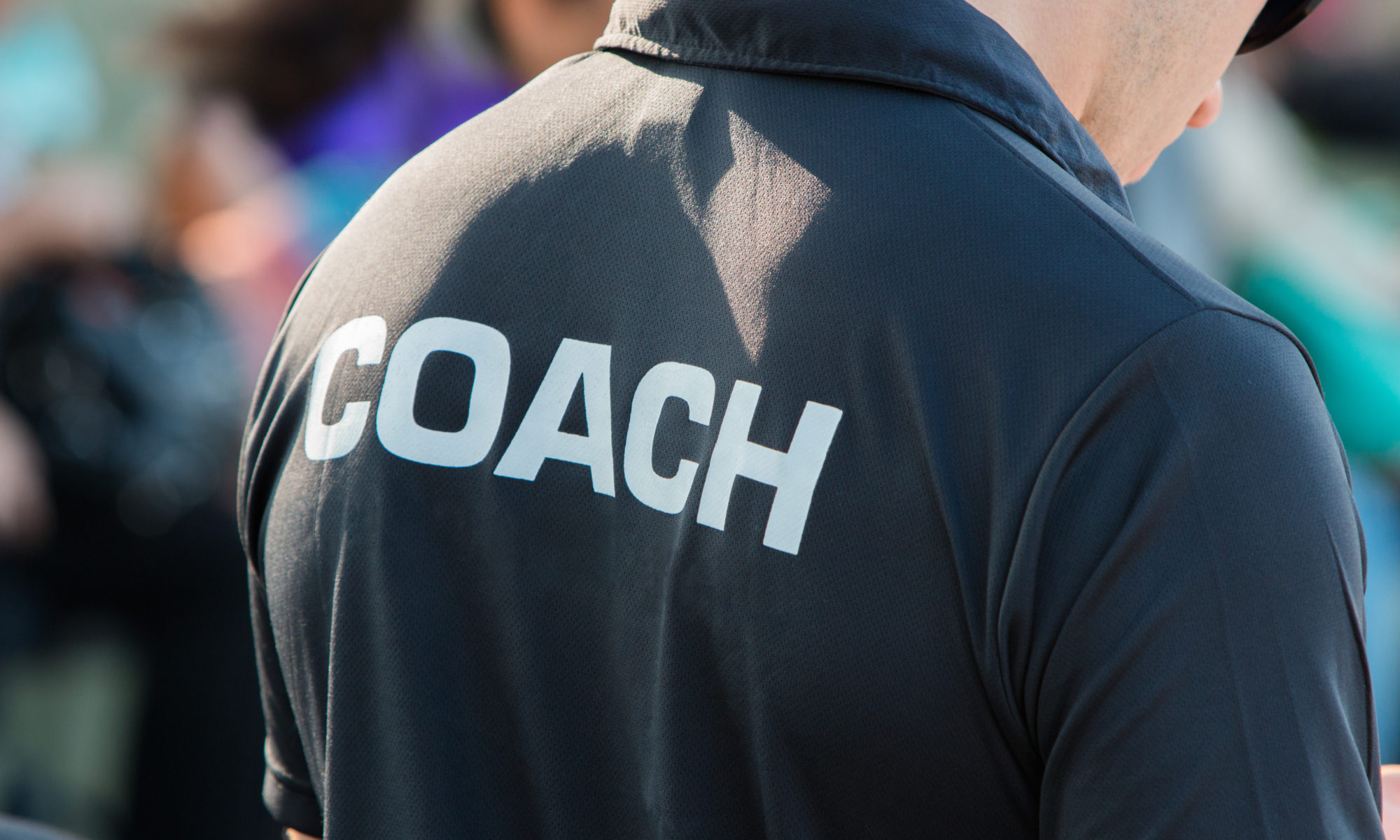Like all coaches, I firmly believe in the magic of coaching. While coaches have many tools they can use to ferret out insights and accelerate action, there are two magical things that all coaches do that are so simple that they require no training at all.
In fact, these two things are so valuable that we learn in coaching school (CoActive Training Institute in my case) that even the coaching session that only involves these two things can be transformative for a client.
The first of these two things is what we call “Level 3” listening.
If you’re a human being communicating with other human beings, you most likely practice “Level 1” listening.
Say you’re talking to Mary about her weekend. She is talking about her hike. You don’t really like hiking, so your brain is wondering when she will ask you about your weekend so you can talk. Or, you really love hiking and you wait for a moment when you can add in your favorite hiking spot.
This type of listening is when you listen to the other person speak while you figure out how to interject your point of view. Or, you decide on how to change the subject to what you want to discuss. This is the type of listening most of us do all day, playing verbal ping-pong with friends and colleagues, waiting for our turn to volley.
If you are practicing Level 2 listening, you are focused entirely on the speaker. You hang on every word and you listen intently. This is rare in most daily communications. The exception is when a close friend is relating a personal tragedy or you are speaking with a dying loved one.
Sometimes, coaches listen at Level 2. We are trained to listen intently and to ask the types of powerful questions that advance thinking.
But where coaching magic often happens is when the coach is at what we call “Level 3” listening. This is also referred to as “global listening.” At level 3, the listener is listening with their ears, eyes and other senses. He or she “feels” the situation, reads body language, senses changes in mood, and often intuits the right question to ask next.
This type of powerful listening, which in turns provokes deeper questioning is part of the magic of coaching.
The good news is that everyone can practice Level 3 listening if they try. Most coaches know the difference between Level 2 and Level 3. And with experience, find it easier to get into this level of listening and stay there without finding themselves drifting back to Level 2 or even Level 1.
You don’t need to be a coach to provide this type of empathetic listening to someone you want to help.
Why don’t we just provide that to our friends then? There are two reasons.
If you have coffee with a friend today and try to practice Level 3 listening, two things will likely happen. First, after about 10 minutes of you asking perceptive questions that get increasingly more probing and provocative, your friend will likely say, “Enough about me. What are you doing?”
Or, you might lose patience and still want to get in your one little tip about hiking. Level 3 listening requires a commitment on both sides; first for the talker to know that someone is there to just listen and also for the listener to be willing to maintain that kind of focus for long periods of time and over many sessions.
You don’t need a coach for this. However, in the same way people sometimes say that therapists are just paid friends, coaches do have the training, temperament, and curiosity to listen to you at Level 3 with the objective of helping you advance your projects.
The second piece of magic is accountability.
We all make declarations of action to each other and to ourselves. When we write them down or announce them to our friends (as opposed to saying them in our mind), they have a better chance of becoming reality.
When I was relaunching Pregnancy Magazine and had a million tasks to do to move the magazine from a print magazine to a website and digital versions, I found it hard to keep everything on track. It was easy to let to-do items slide since the list was disjointed and seemingly endless.
I tried repeating the old Chinese proverb “the voyage of a thousand miles begins with a single step.” That worked a bit, but the journey of a thousand miles is a lonely road and it’s very easy to take that second and third step tomorrow, or the next day or week.
Enter an old friend with a publishing background. He was willing to chat with me for 30 minutes every week or so and ask me how I’d done the past week. He’d ask a few questions and add his two cents where it mattered.
But his value was not in the publishing expertise he had as a leader in his field. It was in the magic of accountability. When I talked to him every few weeks, I knew it wasn’t some idle “someday I want to sail around the world” type of idle chatter. I was asking him to spend time focused on my project. I didn’t always advance everything we talked about, but I was ready for every call with a status report and also a desire to show I was doing my part of the work.
The results for me were unquestionable. Not only did I feel motivated, I felt excited to show my progress to someone who was invested in my progress and success.
Again, you don’t need a coach to do this. If you can find someone who will get together with you every week or two to ask provocative, non-judgmental questions, you stand a greater chance of staying on track and advancing your projects.
A good coach marries these two necessary skills with the training, tools, and temperament to stay with you over time. A coach is trained to not only help you identify what to do next but to find the paths and choices that are most consistent with your values and personality. Staying on track is great for your to-do list, but every coach’s main job is to ensure that you are being pulled by joy and not pushed by fear or anxiety.
I encourage all non-coaches to try these two things in their daily lives. First, attempt “Level 3” listening with your friends, co-workers, and family. It can absolutely do no harm and you may be surprised at their delight at being listened to in this way. Imagine how your partner would react to this type of attention? Or a co-worker with less experience in truly being listened to at work?
And for your projects big and small, enlist a helper friend. Even if you are only reporting your progress once a week by text you’ll find you make far more progress than if you’re doing it all alone.
If you’re curious about how coaching might help you and your projects, schedule a 30 minute discovery session (no charge). I promise to listen intently and provide accountability steps that will move you forward.
New Positive Intelligence program for accelerated change
Do you hear too many voices in your head? Have trouble knowing whether you should listen to your “inner critic?” I can also tell you about my new program Positive Intelligence. Positive Intelligence uses simple cognitive therapy-based exercises, videos, and weekly group coaching to help you get your saboteurs under control so you can live a life of more ease and flow.


